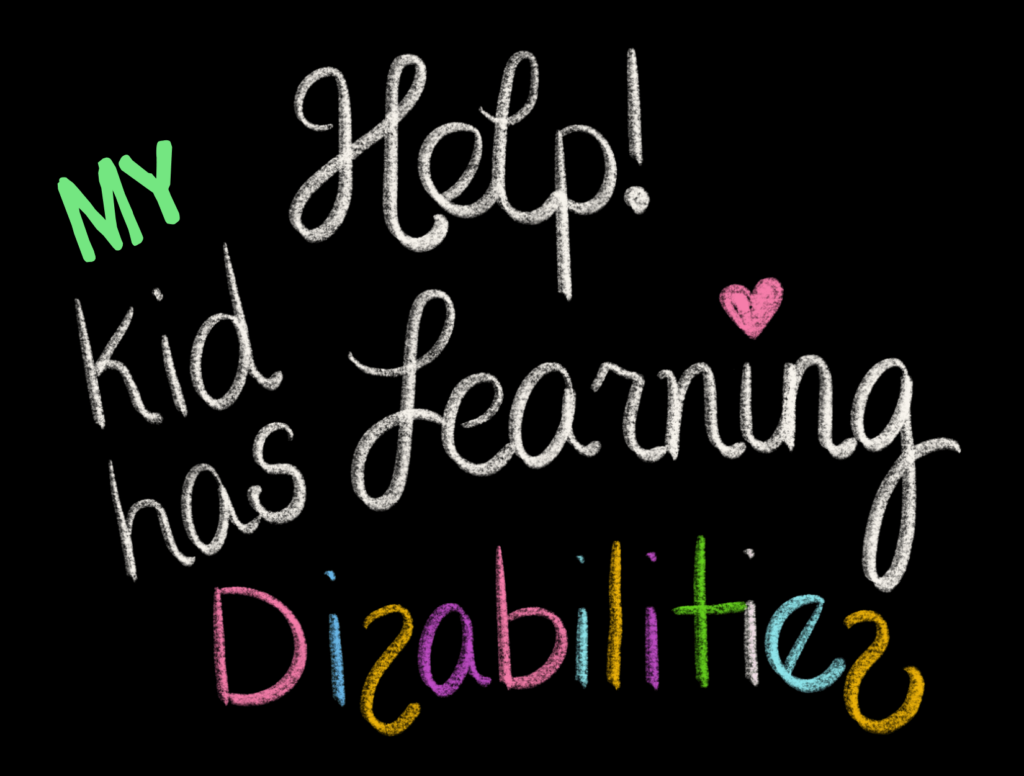
Help! My Kid has Learning Disabilities!
Help! My Kid has Learning Disabilities!
The first note home from our 7-year-old, Sam’s teacher made my stomach flip flop.
I am old.
For those of you who don’t know me, Sam is the first in our second “batch.” We have four biological children. Maggie is 24, John is 21, Luke is 19, and Sophie is 16. We started all over, 7 years ago with foster care and adoption. Now we have two little boys, Sam and Charlie, aka, the vandals. Charlie turned 5 in February. Sam will be 8 in December.
I have run the gamut in educating my children. We have homeschooled, private, public, un, free-range, and “Nevermind… I give up.” The first three originals graduated from home. Sophie is our resident genius. She will be a senior in the fall at a public school. And she is scary smart, and I don’t say that to brag.
She didn’t get it from me.
There is biological evidence she is the fruit of my womb. She has my face. Outside of that, I don’t know why she can solve for X or play the piano by ear. It is a mystery. And I will do a post on exceptional learners because that has challenges too, but today, we are jumping into the world of the “disabled” learner.
So, Sam had a note sent home that basically said, “he is not reading at grade level.” And, in spite of all I know, all the fires we have walked through, and what I believe, to my core, about this type of alert, I was physically sick.
Because I know how loaded this is. I have a master’s of education. And, I have plenty of experience dealing with such struggles, my own, and my children’s. In spite of the pedigree and street creds, I was burdened because I am a mom.
Obviously.
But my “Mom” status leaves me to want a few things for my child. And at the top of that list of wants is, “no hardships.”
Yes, we both know this is unrealistic. Still, we love. And love protects.
That note from the school dropped my rank. Granted, much of life is out of my control. Trying to control every aspect of a “normal” life for my children is like trying to drain the Titanic with a sieve.
And I am dyslexic, but dyslexia is not the reason I read that note as “Sam is reading below grade level and will struggle in every aspect of his life. He will be ostracized. And most likely he will struggle socially, be held back a grade, and never get into college. We are informing you that his childhood will be marked with hardship and his self-esteem and motivation have no hope. You are the worst mother we have had on record at this school. Please be advised, it is bad. Very, very bad.”
Oh but the voices in the head of a mom… they are cruel indeed.
So, after a few minutes on the bathroom floor, I took the tearstained note to my husband. His response was, “And?”
AND!!!?!?!
I don’t know what the voices in my hubby’s head say, but I think they probably sound like Conway Twitty and the ocean.
All that to say, Justin talked me off the ledge.
I go back to the ledge to visit, often. I remember, all too well, the pain of watching a child struggle to keep up and “pass” tests, homework, social, and educational hurdles that somehow defined him.
And me.
At the time, this seemed backbreaking. Looking back, that was mostly because of me. Please know, I am not accusing you of taking the news of a learning disability or learning struggle as dramatically as I, for I am my own brand of “purple hot wreck.”
However, I wanted to start this series on learning disabilities with the confession, this is hard stuff.
It just is.
I Get Learning Disabilities
Yes, I have learning disabilities. I am a dyslexic author. Go figure.
And my husband has learning disabilities. And he struggled, was held back, and he is a successful and functioning adult.
My dad and brother both have learning disabilities. And yes, they are both successful and functioning adults.
However, you can hear from all of the people with learning disabilities and believe that your child will climb out. But I want you to know, the mother of a child with learning disabilities has a special hurt. A place in their heart that is scared and worried.
And I want you to know, I see you. I understand. No, I don’t know “exactly” how you feel. Nor do I know the gravity of your child’s struggle, how it impacts their socialization or their worth. But I do know what it feels like to want my child to experience success and enjoy the fruits of that success.
And with years of experience, I have several suggestions, and confessions, that I hope will be of comfort to both of us. (Also, this won’t all fit in this post… there will be several.)
At the core of the worry of mothering a struggling learner is comparison. This is the issue that maps every aspect of learning disabled labels. Frankly, if we couldn’t compare there would be no identification or classification of learners. We live in a society of scales.
When I was first handed a small human, it was followed with the announcement of something that defined them.
“OH! He’s a big guy! He weighs…”
“She’s beautiful!”
“You have to hold him like this, he’s terribly injured.”
“Her birth mother used… but her Apgar score is relatively high.”
“He’s long! Probably going to be very tall!”
“Something is not right.”
Adjectives rule the world. And while a newborn doesn’t come with wash and fold instructions, humanity is quick to define them. Some of those labels earn us bragging rights, others send us to the bathroom floor.
So this is the first tidbit I would like to offer you from my bag of tricks on learning disabilities:
God doesn’t make mistakes.
Medically speaking, learning disabilities can be defined on a scale of processing or impairment. Educationally speaking, they can be analyzed by the years before and generalized test scores. Maternally speaking, well, that is hardly confined to charts, graphs, and reports.
It is entirely legitimate for you to be worried and stressed about the future of your learning disabled child. However, just as I cannot wage emotions, I cannot put a grade on how you love. No one can fully read the magnitude of concern a mom encounters when she is blatantly told, “your child is lacking.”
Over the years, I have been forced to ask myself, lacking in what?
God and Learning Disabilities
First in my challenges to myself and you is this, God doesn’t make mistakes.
He was fully cognizant of the design of His children.
Furthermore, He chose you to nurture, guide and love this child. This particular human was placed in your charge, not by random drawing, but by grand design. Believing God, not just believing He exists, but believing Him, is the catalyst to coping at optimal levels of awesomeness.
If you are wondering how it is possible I could incorporate the message of Grace and freedom into a post about learning disabilities, I was just as shocked. But it is important to note, we are motivated by our belief.
And, it is easy to believe what we are told.
Especially, if we are told something in particular, repeatedly. If we believe we are in trouble, that there is a risk of losing the love of our God because of our actions, why the cross? Why did He allow the brutal death of His beloved son, if anything else were the answer?
We are entirely and passionately loved.
God who calls Himself, Father or parent, isn’t considering His love. He doesn’t ponder whether or not He is committed to us. Now more than ever, this is a magnificent motivator for me. Not to do good works or be better, but to live my life as loved.
Of my children who have struggled in various aspects of their life, I have never thought or said, “I love this child less because they can’t spell.” Nor have I ever gone to bed thinking, “If they don’t do better tomorrow, I will turn from them.”
And yet, I have put these parameters on the God who created me and my children.
In God’s eyes, we are not defined by our struggles. We are defined by love.
So while I have biological sons and daughters and adopted and fostered sons and daughters, I love them with a consuming love. Pretending some are not blood relatives and denying their race or background doesn’t change the fact that they aren’t flesh of my flesh. But raising and loving them as my children makes them wholly a part of my family,
I cannot bring down the entire human race’s ability to label and categorize my children’s abilities. But I can show my children unconditional love and teach them about a God with purpose and an unfailing commitment to their prosperity in this life.
Hold up!
Prosperity not being a million dollars and a permanent place on the honor roll. But instead, no matter what the world tells them, they can have love, joy, peace, forbearance, kindness, goodness, faithfulness, gentleness and self-control, of which there is no law or grading system.
Whether I knew it at the time, this was instilled in my children. As they branch out into adulthood, out from under my protective wings, I see the fruit of this. And no, that doesn’t mean they have not sought their own answers, nor does it mean that they don’t meet with struggles. But above all, they know the truth of Jesus Christ and they know they are loved without condition.
Our children are not their struggles.
No, our children’s struggles, no matter how aggressive and life sucking, have already been conquered. He knows the plans He has for them, you and me.
Prior to diving into the bones of teaching, helping, reading, and implementing, I wanted to remind us of this, we are adored by a God who doesn’t make mistakes. He didn’t leave anything off of His to-do list in the creation of you, your babies, or your family.
The world will be quick to label and grade, those definitions will impact our parenting and relationships, still, love conquers all.
What society is quick to destroy, love repairs. Within my own family, my struggling learners are faced with comparing themselves with their peers and their siblings. And I believe that raising children under the umbrella of grace, love without condition is paramount in building character and confidence.
Laughable Learning Disabilities
That said, second in my bag of “wisdom,” is humor.
If you are not ready to laugh at the situation, believe me, I understand. But, what I would like you to consider is how everyone is impacted by attitude and atmosphere.
My children are very close. The four oldest have a group chat that is non-stop. I confess I am a bit jealous of their constant banter with one another. But they do not see each other as competition. And while I wish I could tell you I did this on purpose, what I can tell you is that it worked.
Recently, our Marine-baby, John, who is stationed in California, was trying to access an account of Justin’s, my husband. I was cooking dinner and so Sophie, our 16-year-old, was on the phone with John, walking him through the steps of logging in. Side note, John takes dyslexia to optimal levels, he is very good at dyslexia.
Sophie: it is xxx-mechanical
John: spell mechanical
Sophie: m-e-c-h-a-n-i-c-a-l
John: it didn’t work
Sophie: try again, m-e-c-h-a-n-i-c-a-l
John: nope
Sophie: one more time, m-e-c-h-a-n-i-c-a-l
John: that’s weird, it worked that time.
Sophie: yeah, suspicious. So, how are things as a MECHANICAL ENGINEER, and should I worry about the welfare of my country?
John: Good, how are the band of nerds, I mean your friends?
And they both busted out laughing. Laughter is good medicine. John, who is brilliant, creative, and kind knows he cannot spell. Sophie is brilliant, quick-witted, and a nationally ranked scholar. They love each other not for their lack, nor for their accomplishments.
You cannot make someone love someone else, but you can encourage familiarity and practice ways of enjoying each other without law or rule, which I firmly believe manifests respect. And respect is the cornerstone of human love.
Had John and Sophie been raised under a roof of comparison and lack, they might see each other as a threat, or worse incapable.
Having been raised in a house where we loved loudly and laughed with and at each other, our children grew in compassion for things they were deficient in and grew in respect for that which they accomplished. And they are endeared to one another in a unique and positive camaraderie.
And as Justin and I continue in our journey as parents, we see the older children interacting in the same way with our younger children.
As I composed this, Maggie and her husband are visiting. Charlie, our five-year-old did something, “Charlie-esque.” Maggie looked over the edge of her computer and said, “Oh my gosh! Stop being a suck up and go put your swimsuit on!”
Charlie belly laughed and went on his way.
Teasing, in the appropriate ways, is often how children, even 24-year-olds banter with each other. Teasing that involves character assassination or is used to build the teaser up and tear down the victim, breeds contempt and discord.
Even if your family is not on a national comedy tour, noting how they interact and communicate with each other is very important.
When my brother-in-law died, my older children faced an excruciating season of loss and confusion. We always ate dinner as a family around the table. The evening after his funeral, we cleaned the kitchen in silence and then Luke said we should watch something funny.
We went into the den and watched YouTube videos of people doing stupid stuff, like skateboarding off buildings. We laughed until we cried. And we joked and teased.
To this day it is a favorite memory of mine. One of the saddest days of our lives where we came together and cut loose.
We are there for each other in laughter and tears. So, I encourage you to laugh with your children, laugh at yourself, and help ease the load of societal labels with light-hearted banter that will chemically relieve stress, emotionally alleviate pain and relationally increased your family’s bond. My kids always share dyslexia memes with John. When life gives you melons, make a fruit salad… and the like.
My dad once said, “I would rather be laughed at than pitied.”
And maybe that is where some of our humor came from. The idea that nothing is so heavy or burdensome we can’t still reap enjoyment from our humanness.
Another way to do increase kinship and decrease comparison is by aiding your children in helping each other. Encouraging them both ways is a great way to highlight what they are good at and how they can work together. While Sophie has always been able to help us spell things, she is not an athlete. John and Maggie both have helped Sophie with basketball and swim team.
And Luke is a fantastic keeper of the earth and wordsmith, we can all count on him to enlighten us and entertain us. Where he struggles, the other members of the family hold him up. We have always tried to be completely honest with ourselves and our children about our talents and our inadequacies.
And, this is something that I did on purpose, I was honest with my children. Brutally honest. My older children have relayed to me that they appreciated this. Because I admitted my fears and shortcomings it was easier to talk to me.
I implore you, talk to your kids. And talk to them from a place of vulnerability, so that they know they can trust you.
For example, “This worries me. I remember the feelings I had when I was your age…” And, confession with explanation humanizes perception. Granted, every so often mom-face rears its ugly head, but I tried and still try to explain the feelings on my sleeve.
When Sam’s note came home with an alert to delays, my demeanor changed. He knew something was wrong. Whispering in my bedroom with Justin didn’t absolve Sam of his senses. So, I was honest with him. “I got a note from your teacher. She said you needed some help with reading. Do you want to talk to me?”
Sam wanted to know if I was worried. He wanted to know if he was in trouble. And he wanted to know if we could help him. But he wasn’t afraid. I told him that John struggled to read and that my dad, myself, and Justin all had the same affliction. What Sam knows is that his family is safe and successful.
I cannot predict the world outside of these walls, but I can do my best to make home, a very safe place for a “disabled learner.”
[bctt tweet=”I cannot predict the world outside of these walls, but I can do my best to make home, a very safe place for a “disabled learner.” #learningdisabilities” username=”httpstwittercomjamiamerine”]
Again, humor and vulnerability may not be your bag, but that too is a grave point. What is your bag? And what is the way your family comforts and encourages each other? At our house, in spite of Sophie’s advanced I.Q. she has been humanized and equated with all of us because we don’t pick at or overemphasize her advances. All of the kids tease that we withheld the “good DNA” till the end. Her achievements are just as comical and endearing as others struggles.
I hope none of us are saying, “I wish you were more like your sister…” But, is our body language, whispering, or stress conveying just that? Communicating within the family about all of the things is a great way to strengthen ties.
Isolating or emphasizing shortcomings alone, breeds competitiveness and inadequacies.
All this to say, I fully believe in the power of attitude. We can teach our children so much when we, 1. Embrace the acceptance we have as children of a merciful God, and 2. Embrace a spirit of camaraderie with each other by encouraging and enjoying each other, without panic, alarm, and most especially punishment. And I am jumping right into that topic in the next post: Shaping the mind of your disabled learner, I hope you will stick around!
May your floors be sticky and your calling ordained. Love, Jami
>
Get your I am Cards for Struggling Learners here now! Speak life and truth into your baby!
I have made this set of “I am cards” from journal entries I had when John was just a boy. I am in awe of the work that God had before John and I even realized it was to be. Things no eye had seen. literally no ear had heard. I know that you might be scared with all that is before you with a struggling learner. So, I pray these cards offer you hope in the future God has planned for you and your child.
I recommend printing these on card stock and cutting them in half.
Get them here!
Want more freedom? Check out both of my books on Amazon!
Check out my latest post on the health benefits of Himalayan Salt and Wellness!
I lean on the side of caution when it comes to some of the stuff floating around the web. But I was intrigued by Himalayan Rock Salt Lamps and other pink salt alternatives.
Okay, yes, I love pink. Pegged me. And, because my nose doesn’t work, and it is basically strictly for decoration, I use a lot of salt.
Like a lot of salt.
I only read articles that make claims that salt is good for you because I am not ready to die of hypertension from all the negativity. I only really jumped on board with all the fuss about essential oils when I experienced the healing properties first hand.
But when I had a mineral deficiency and elevated inflammation markers and my holistic doctor recommended that I try adding a little Himalayan rock salt to my water and soaking in a Himalayan salt bath… I was like, “yeah, okay… salt, got it.” Cause frankly, if it is too hard, I am not interested. Mom life, it is hectic enough. Read more here!
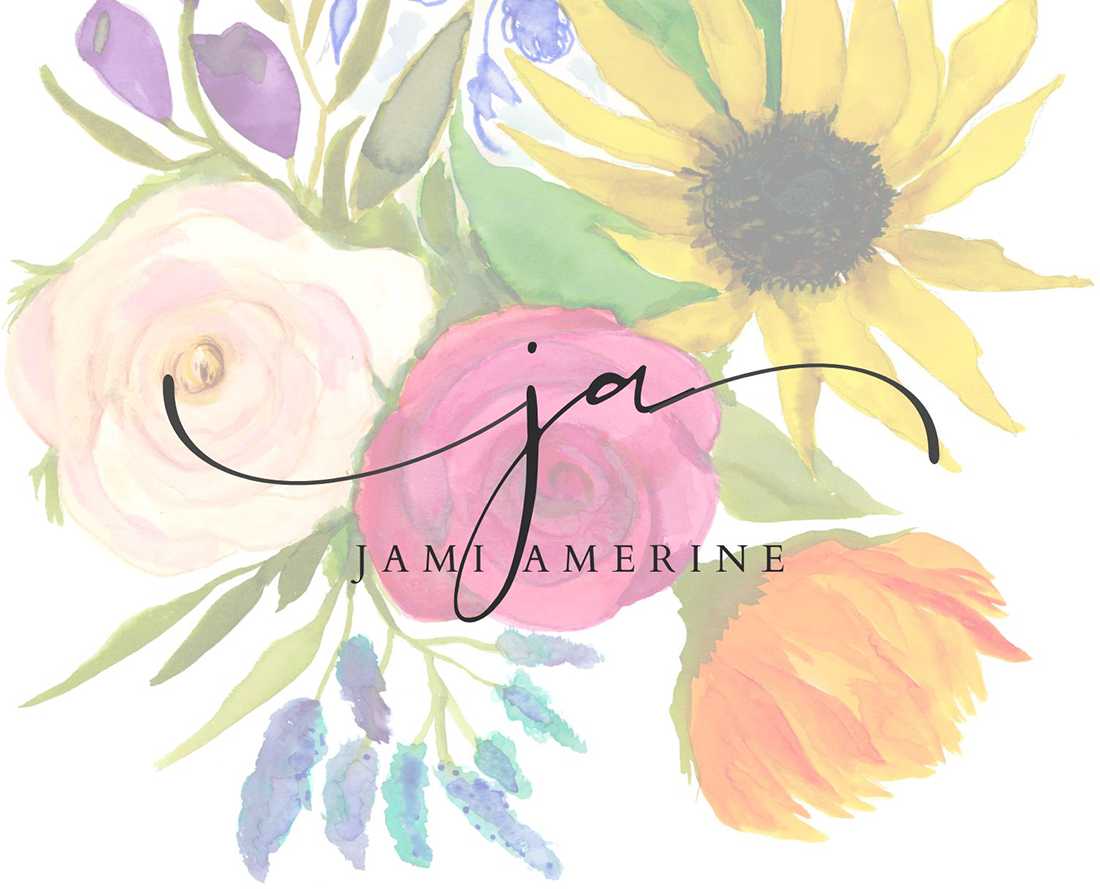
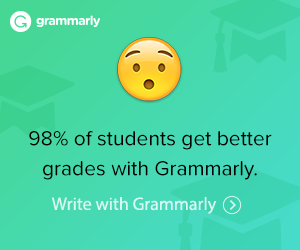





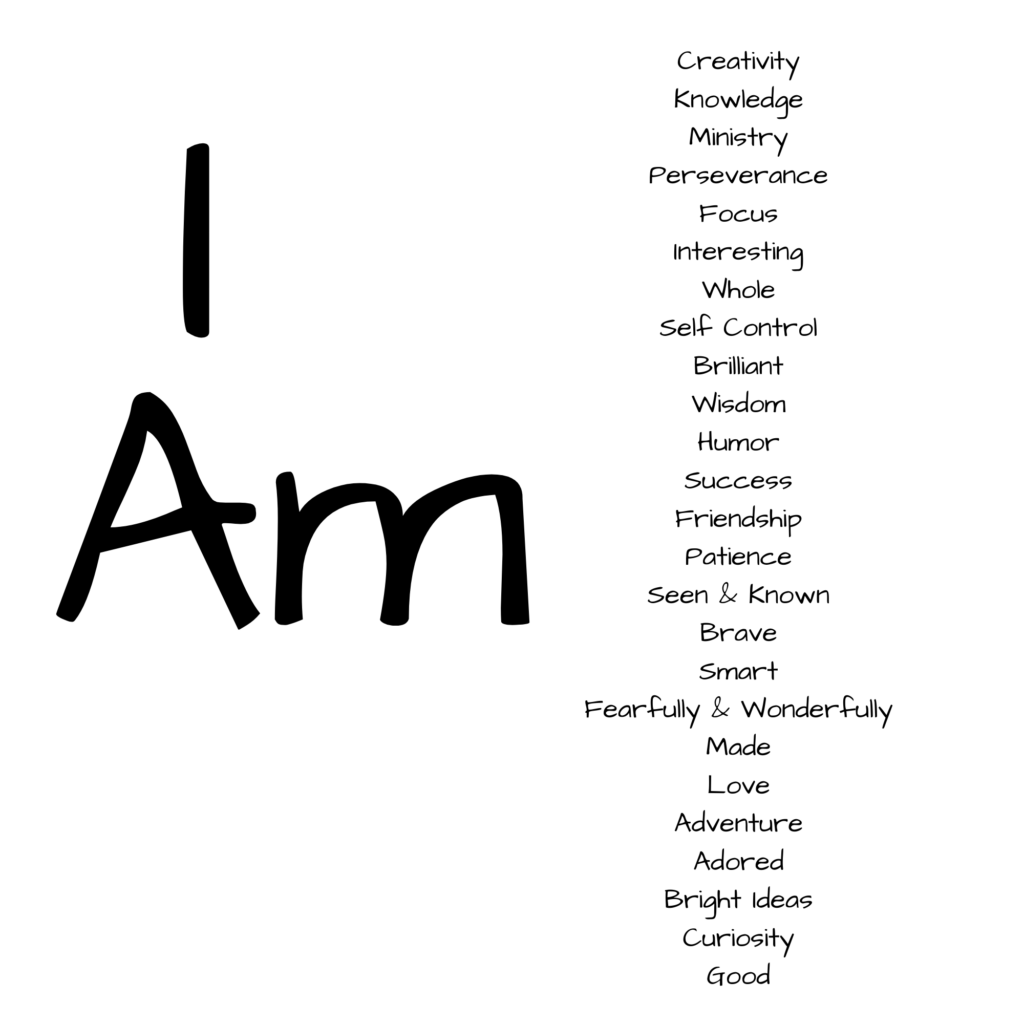


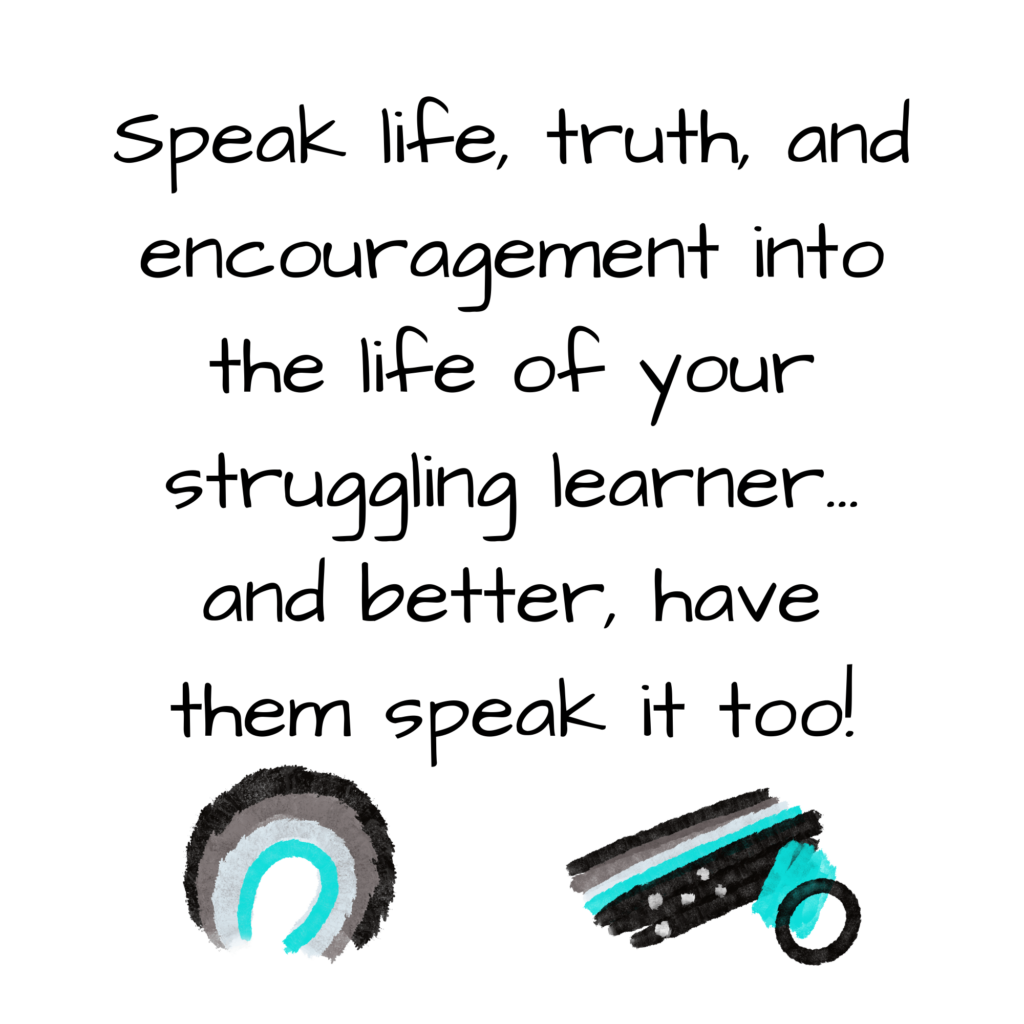
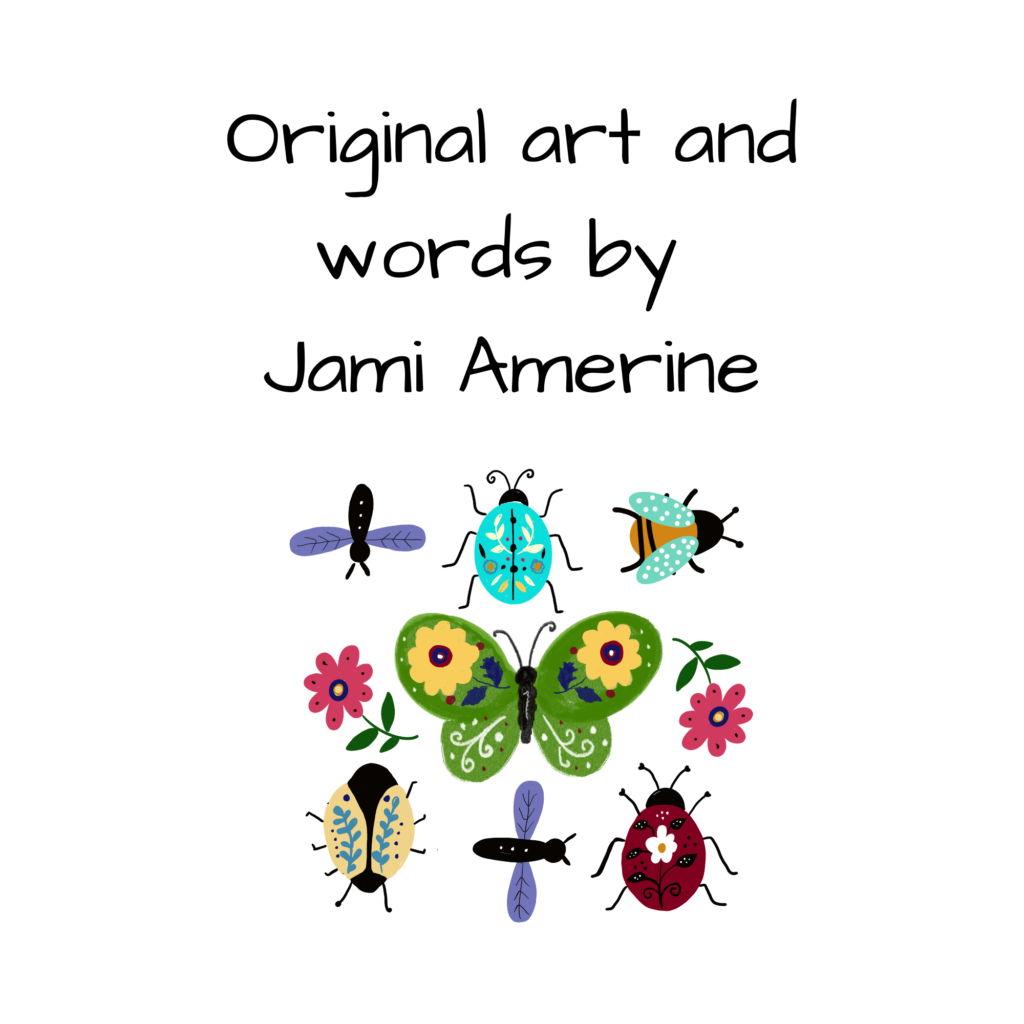
[…] Post #2 in the Help! my Child has Learning Disabilities Series […]
[…] Help! My Child has Learning Disabilities […]
I have read that siblings tend to be within 10 points of one another on the IQ scale…
Anything worth anything usually takes work…learning differences add another level
to that. I know that some of the things I am most proud of involved struggle.
[…] Post One: Help! My Child has Learning Disabilities […]
Hi
There is so much good in this post! So much to digest. I was looking at your posts needing help dealing with the worry. My kids have ADHD and sensory issues. One got in huge trouble yesterday. And my worry spiked. The other is entering middle school. This post is so full of good advice
I am so glad you thought so. I am stopping to pray for you now. Thank you for taking time to comment. Jesus be all over you! Love, Jami
We are defined by love. This is exactly right. Laurensparks.net
[…] back, this is post #5 in the Help! My Kid has Learning Disabilities summer series. And today I have TEN things to consider when homeschooling a disabled learner. […]
[…] to post 5 in the Help my Child has Learning Disabilities Series. Today I am writing to you about […]
[…] Read more of the Learning Disabilities Posts Here! […]